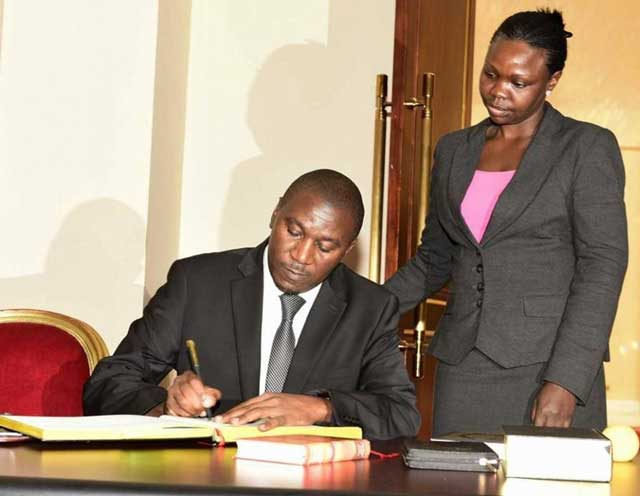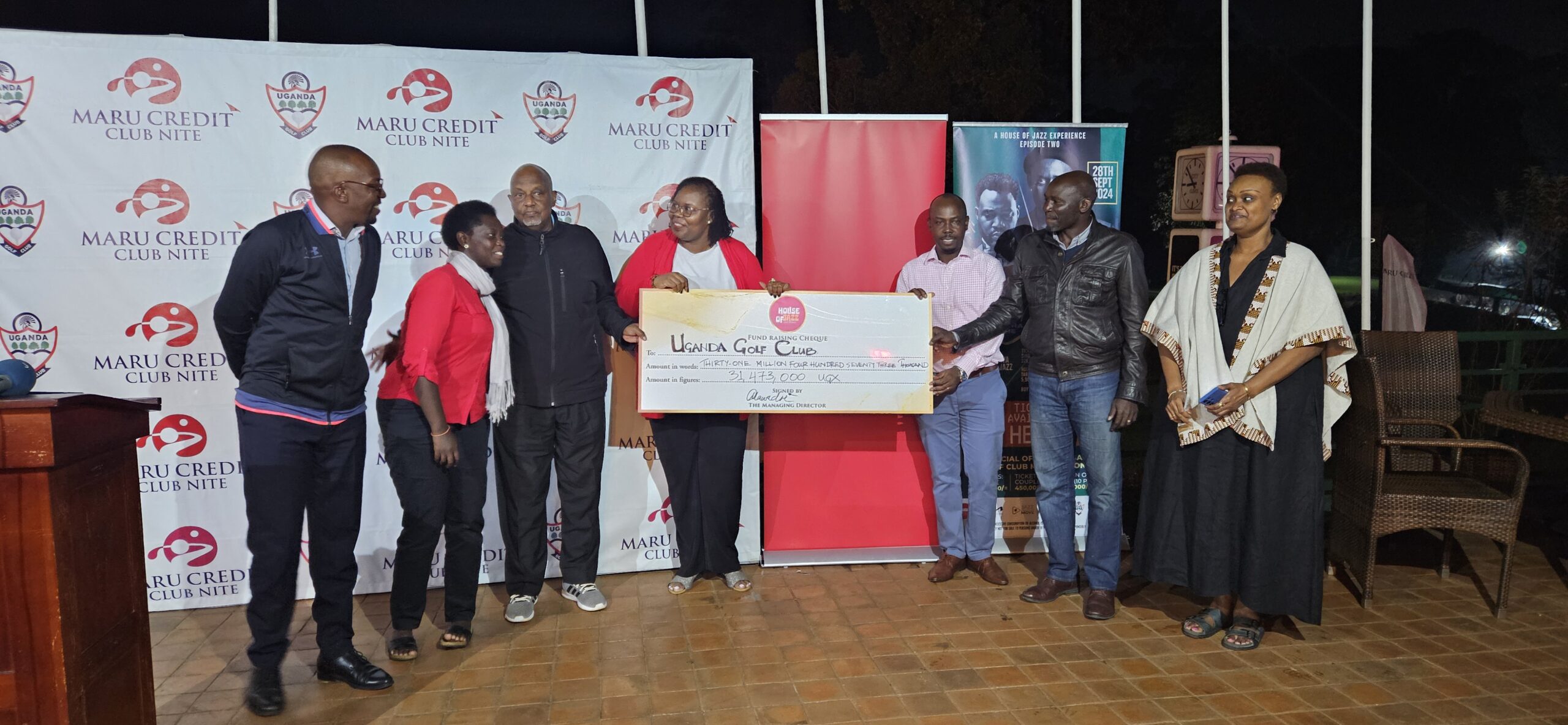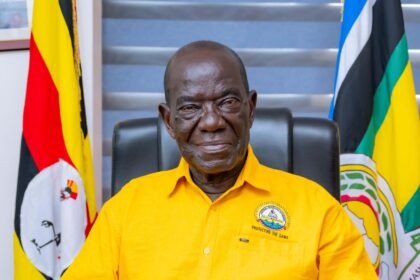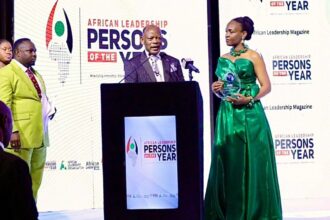In a significant legal decision delivered on November 20, 2024, the High Court of Uganda, under the stewardship of Justice Ssekaana Musa, dismissed a lawsuit filed by four plaintiffs challenging the Church of Uganda’s decision to nullify the election of Rev. Canon Godfrey Kasana as the Bishop of Luweero Diocese.
The plaintiffs, including Sendowoza Saight John, Bemba Moses, Ssajjabi Christopher Katende, and Kakembo Moses, argued that the Church of Uganda’s House of Bishops had acted arbitrarily in revoking Kasana’s election and violated his constitutional right to a fair hearing.
The plaintiffs sought a series of remedies, including a declaration affirming Kasana’s election as Bishop, an order for his consecration and enthronement, and a permanent injunction to prevent the election of another bishop. Their case centered around claims that the House of Bishops had breached natural justice and failed to adhere to the church’s established norms and practices while deciding to annul Kasana’s election.
The plaintiffs contended that the revocation of the election was carried out without due process and that Kasana had not been allowed to defend himself before the bishops.
However, Justice Ssekaana’s ruling made it clear that the court was not the appropriate forum for resolving this dispute. The court emphasized the doctrine of “Ministerial Exception,” which protects the autonomy of religious organizations in matters related to the selection and governance of religious leaders.
The ruling underscored that disputes concerning church doctrine, leadership, and internal governance are non-justiciable, meaning they cannot be adjudicated by civil courts without infringing upon the religious institution’s freedom to govern itself according to its beliefs and practices.
The court also noted that the plaintiffs, acting as third parties, had no standing to file the case on behalf of Rev. Kasana, who had not directly challenged the decision. Justice Ssekaana pointed out that Kasana himself had accepted the decision of the House of Bishops, and there was no evidence to suggest that his constitutional rights had been violated. The plaintiffs’ claims, therefore, were deemed to be an abuse of the court process, as they had no legal standing to enforce the rights of a party who was not aggrieved by the decision.
Further, the court highlighted the internal dispute resolution mechanisms provided by the Church of Uganda’s Provincial Constitution. It emphasized that any disagreements regarding the qualifications of church leaders should be resolved through ecclesiastical tribunals, such as diocesan and provincial courts, and not through the civil courts. The plaintiffs had failed to exhaust these internal mechanisms before resorting to litigation, which was another reason for the dismissal of the case.
In its analysis, the court found that the plaintiffs’ claims were based on a misunderstanding of the role of civil courts in religious matters. While the plaintiffs argued that Kasana’s right to a fair hearing had been violated, the court determined that the issue at hand was primarily ecclesiastical, relating to the Church’s governance and doctrinal issues, which fall under the jurisdiction of the Church’s own governing bodies, not the civil judiciary.
Ultimately, Justice Ssekaana concluded that the lawsuit was an abuse of the court’s process, as it sought to interfere with a religious decision made by the House of Bishops. The court dismissed the suit with costs to the defendants, reaffirming the principle that courts should refrain from intervening in religious matters, especially when they involve internal governance and doctrinal questions.
The decision not only upheld the Church of Uganda’s autonomy but also set a precedent for similar cases in the future, reinforcing the legal understanding that civil courts should not interfere in religious disputes unless there is a clear violation of civil rights that falls within the courts’ jurisdiction.
Meanwhile, this ruling is a pivotal moment in the legal landscape, as it reinforces the separation of church and state in Uganda, protecting the freedom of religious organizations to govern their internal affairs without undue interference from civil authorities.
It also underscores the importance of ensuring that legal claims are based on justiciable causes, with proper legal standing, and not on matters that fall outside the scope of civil court jurisdiction.
Do you have a story in your community or an opinion to share with us: Email us at Submit an Article









